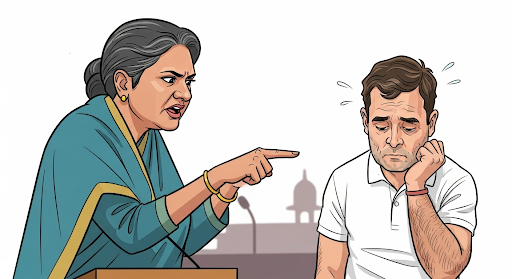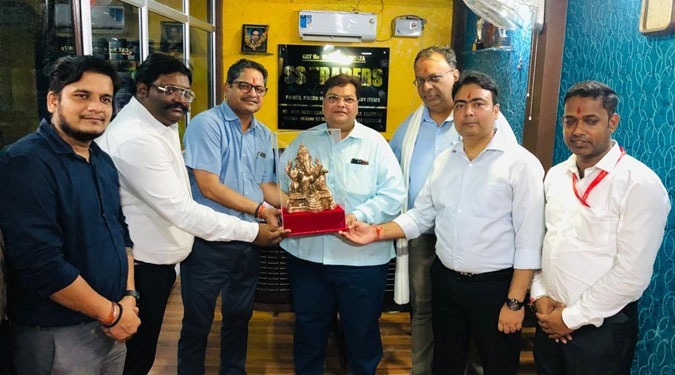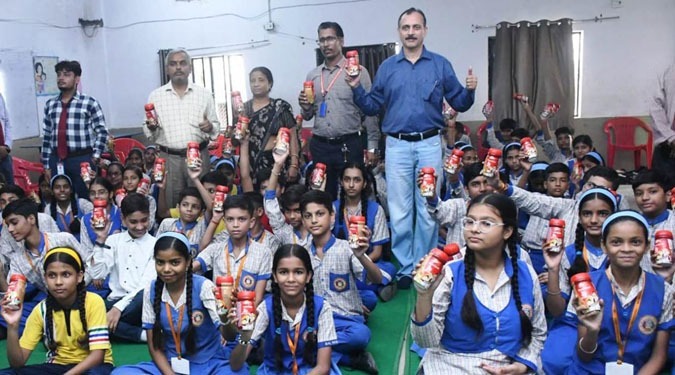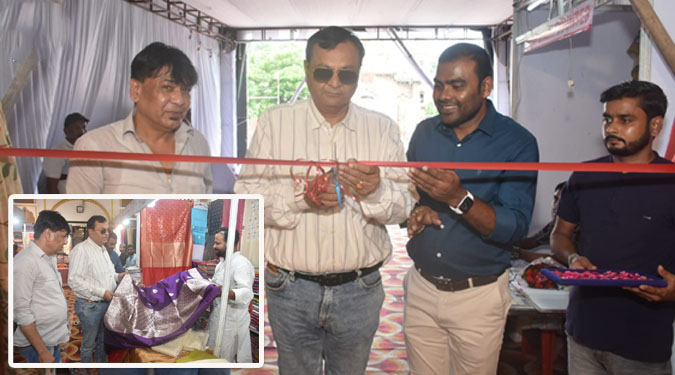Lucknow: In the dynamic and often theatrical landscape of Indian politics, public apologies from leaders can either signal genuine introspection or serve as calculated strategic maneuvers. Bahujan Samaj Party (BSP) leader Mayawati’s sharp riposte to Rahul Gandhi’s recent admission of Congress’s failings towards the underprivileged firmly places his regret in the latter category, labelling it “selfish politics.” Her critique, delivered from Lucknow, cuts through the veneer of political correctness to highlight a deeper, more entrenched distrust among marginalized communities.
Rahul Gandhi’s acknowledgement that he and his party “made a mistake” by not doing enough for the backward classes might be perceived by some as a refreshing moment of candor. However, for Mayawati, a veteran voice who has tirelessly championed the rights of the Bahujan community, such pronouncements are merely a recurring echo of historical duplicity. Her observation that “this is nothing new; it seems to be self-serving politics, with one side speaking from the heart and the other from the mouth” resonates profoundly with those who have long felt short-changed by mainstream political narratives.
Mayawati’s excoriation extended to the Congress party’s historical record on constitutional rights for the OBC community, including reservations, and their broader political and economic aspirations. She firmly contends that this mindset is not novel, drawing parallels to the Congress’s “sad and unfortunate” treatment of Dalits and tribal people—a treatment so pervasive it necessitated the formation of the BSP itself, born out of a collective demand for self-respect and political autonomy. The narrative, for Mayawati, is clear: the current generation of Congress leadership is merely echoing the historical patterns of neglect.

The BSP supremo did not spare the BJP-led NDA, accusing them of a “same duplicitous mindset,” thereby casting a wide net of skepticism over the sincerity of dominant political forces. Her accusations are rooted in specific historical grievances: the delayed implementation of OBC quotas for over four decades by Congress regimes post-independence, the initial failure to confer the Bharat Ratna on B.R. Ambedkar during his lifetime, and the alleged undermining of SC/ST reservation benefits. These are not abstract political arguments but deeply felt injustices that have shaped the political consciousness of millions.

For Mayawati, the “crocodile tears” shed by Congress after their electoral setbacks, particularly in key states like Uttar Pradesh, are belated and opportunistic. Her unwavering conviction is that the true interests of the Bahujans are safeguarded solely by the BSP. She issued a stark warning to OBCs, Dalits, and tribal people not to be swayed by the Congress, the Samajwadi Party (SP), or any other political entity, asserting that their genuine “happiness and prosperity” are contingent upon their support for the BSP.
This pointed exchange between two prominent political figures transcends mere partisan bickering. It spotlights the enduring complexities of caste-based politics and social justice in India. Mayawati’s uncompromising stance compels a critical examination: Are the apologies and promises from established political parties indicative of a genuine shift towards equity, or are they tactical ploys designed to reclaim lost electoral ground? For the marginalized millions, the answer lies not in rhetorical gestures, but in consistent, tangible actions that uphold their dignity, ensure their safety, and advance their well-being—a commitment that Mayawati steadfastly maintains only the BSP has demonstrated.





